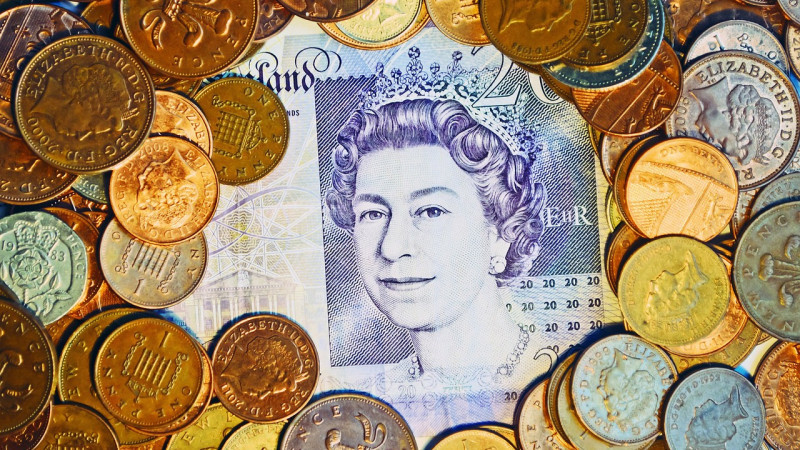
The British currency has repeatedly had to fight for a worthy place under the financial sun of world markets. At the moment, the situation is repeated: the pound is defending its right to be in the circle of major currencies, demonstrating strong growth against the background of moderately positive macroeconomic and political data.
At the start of this week, the pound began a successful race, accelerating to relatively high values. GBP/USD added 0.2% to 1.2690. On Monday, June 8, the British currency did not disappoint the market, continuing the upward trend. Its growth was facilitated by the government's intention to ease the quarantine in the UK, as well as the high probability of normalization of the national economy, exhausted by the prolonged Brexit and quarantine. Analysts say that the current problems kept the British currency just below the level of 1.2700. On Tuesday morning, June 9, the GBP/USD pair confidently demonstrated a higher result, breaking this bar. The pair went further, and now the GBP/USD pair is moving in the range of 1.2711 - 1.2712.
According to experts, the pound has grown by 2.8% against the US dollar this month. The reason for this was the widespread lifting of quarantine restrictions in most countries, which is why demand for the US currency has noticeably weakened. The pound took the opportunity, rising on this wave and trying to maintain its gained position. At the moment, analysts say that the pound succeeds.
The pound's confident rise as well as its entry into the upward spiral does not cease to amaze experts. At first glance, there are no special prerequisites for such growth: there is no mutually beneficial agreement with the European Union yet, the "soft" exit of Great Britain remains in doubt, the British economy is bleeding due to the COVID-19 pandemic, and the annual losses due to Brexit reach an impressive € 70 -80 billion. However, experts emphasize that these negative factors do not prevent the pound from growing.
The future of the British currency is also unclear, just like the weather in the country. The current optimism of the pound may be undermined by not so optimistic macro statistics. On Friday, June 12, expected information on GDP for April 2020. According to preliminary estimates, this indicator may decline by 20% as well as decline by 12% on a quarterly basis, and by 24% on an annualized basis.
Nevertheless, the pound is able to ignore the statistics, regardless of whether they are good or with a share of negativity. According to analysts, the pound has been independent recently, not always focusing on the internal or external background. On the one hand, such independence is good, but on the other, it makes it difficult to predict the dynamics of GBP. For example, according to the research company GfK, the consumer confidence index in the UK dropped to critical -36 points in May this year, but this did not come as shocking to the national currency. On the contrary, the pound gathered strength and entered a new round of growth.
The only difficulty that the pound will face in the near future and which cannot be ignored is the issues associated with the country's successful exit from the Eurobloc. At the moment, the situation is not very inspiring: there is no progress on the trade agreement between London and Brussels, and the fourth round of negotiations has been inconclusive. According to economists, the probability of a "tough" Brexit is the greatest risk factor for the pound, which the current economic problems cannot compare with.
However, the markets affected with GBP's positivity, do not lose hope for a favorable outcome of negotiations and the conclusion of a trade transaction. Many investors are counting on mutual concessions on both sides closer to June 30, the deadline for extending the Brexit transition period. It can be noted that the administration of Boris Johnson, the British Prime Minister, is ready to make concessions on some issues. For example, B. Johnson agrees to accept EU tariffs on a number of British goods. It is possible that this will help break the deadlock in the negotiations and quickly conclude a trade deal with Brussels. Assistance in this matter may come from the other side: David Frost, the chief negotiator of Britain, recently made a new proposal for Brexit. It implies that the UK will agree to introduce tariffs on a small amount of its goods.
According to experts, the British currency will continue its successful run to the price peaks in the future, solving crucial problems such as Brexit and fixing "holes" in the national economy along the way. Analysts are confident that the pound will overcome obstacles by coping with short-term and long-term difficulties, while simultaneously strengthening its growth in the near future.





















